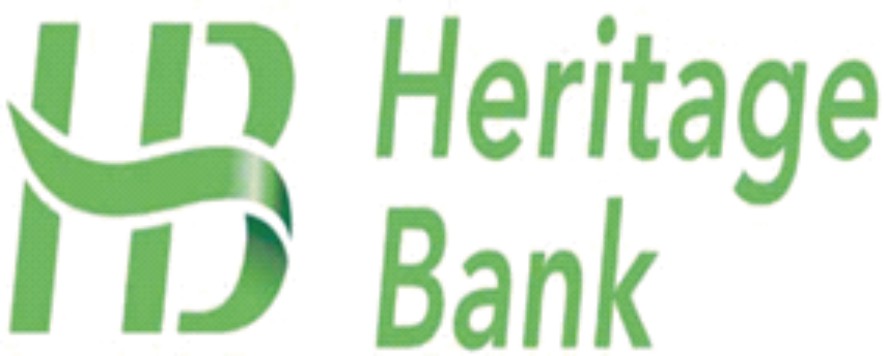Heritage Bank Limited has identified major commodities that can boost Nigeria’s foreign exchange earnings in the non-oil sector for the country.
Some of the export potential products as listed by the bank in the agriculture sector are: cocoa, cashew, groundnut, fish, horns, sesame seed, ginger, cassava and snails. Others include tobacco, coffee, cotton lint, rubber, among others. Under Vegetables and spices, the lender identified Bitter leaf, plantain flour, Ground melon, Ground Crayfish, Ground Maize among possible foreign exchange earners.
Managing Director/ Chief Executive Officer, Heritage Bank Limited, Mr. Ifie Sekibo said farmers and exporters of agricultural produce should seek more knowledge in order to increase the quality and quantity of their products because export business involves dealings with other world players.
The bank chief who spoke at the 2016 Annual Conference organised by Finance Correspondents Association of Nigeria (FICAN) in Lagos recently said the 10-year tenor export stimulation facility provided by the Central Bank of Nigeria (CBN) at nine per cent interest rate is a laudable incentive for exporters.
According to him, although the lenders would want the economy to grow by lending to farmers and other productive sectors of the economy, farmers/borrowers/exporters on their part should know that banks want their monies back and that “there is need for competence, commitment and confidence in the process.”
Speaking on the topic: “Providing Finance for Exports: Expectation & Experience,” Sekibo said Nigeria can also export such manufactured Goods as: Cocoa cakes, butter, powder & liquor, detergents, Malt drinks Palm kernel cakes & oil, baby clothes, confectioneries, leather. In the category of handicraft, Sekibo noted that Nigeria can export Talking drums, Calabash, Wood carvings, Raffia products among others, not forgetting the ever flourishing Nollywood which is even being watched by Militants (like Gendam) in neighbouring countries.
Represented by the Group Head, Agriculture Finance, Project & Development Finance Department of Heritage Bank, Mr. Olugbenga Awe, Sekibo regretted that exporters from Nigeria are not competitive enough, such that some Nigerian exporters go to Cameroun to bring in products, blend them to Nigerian products so that they can export. For instance, Yams that are consumed in London are from Ghana, not Nigeria.
As a country, Nigeria cannot afford to continue going backward in terms of non-oil export he reiterated.
The banker therefore advised exporters to master the steps to getting funding for export. He said, the first step is to know the difference between funds required for financing the business between the commencement of the manufacturing or procuring process and the dispatch of the goods, known as pre-shipment finance; and that of post-shipment finance, which are funds required for financing the exporter between the dispatch of goods and the receipt of payment.
It should be recalled that in recognition of Heritage Bank’s commitment to promoting non-oil export business, the African Export Import Bank (Afreximbank) recently provided a $150 million funding support for the lender.
Afreximbank, a frontline African financial institution believes in the uniqueness of the business strategy of Heritage Bank especially the Small Growing Business focus of the bank which aligns with the founding mission of Afreximbank.
According to Sekibo, exporters should also know that banks look for certain criteria for financing.
“There must be history of previous performance in terms of volume of export handled in the past; Frequency of Export; Payment methods; Payment Terms; how Products are sourced and how risk are mitigated,” he said.
Banks according to him also look at seasonality of the products; product destination; transaction cycle and buyer’s payment history.

 Billionaire Watch2 weeks ago
Billionaire Watch2 weeks ago
 Startups4 weeks ago
Startups4 weeks ago
 News4 weeks ago
News4 weeks ago
 News4 weeks ago
News4 weeks ago
 Bitcoin4 weeks ago
Bitcoin4 weeks ago
 Naira4 weeks ago
Naira4 weeks ago
 Forex3 weeks ago
Forex3 weeks ago
 Treasury Bills4 weeks ago
Treasury Bills4 weeks ago

























